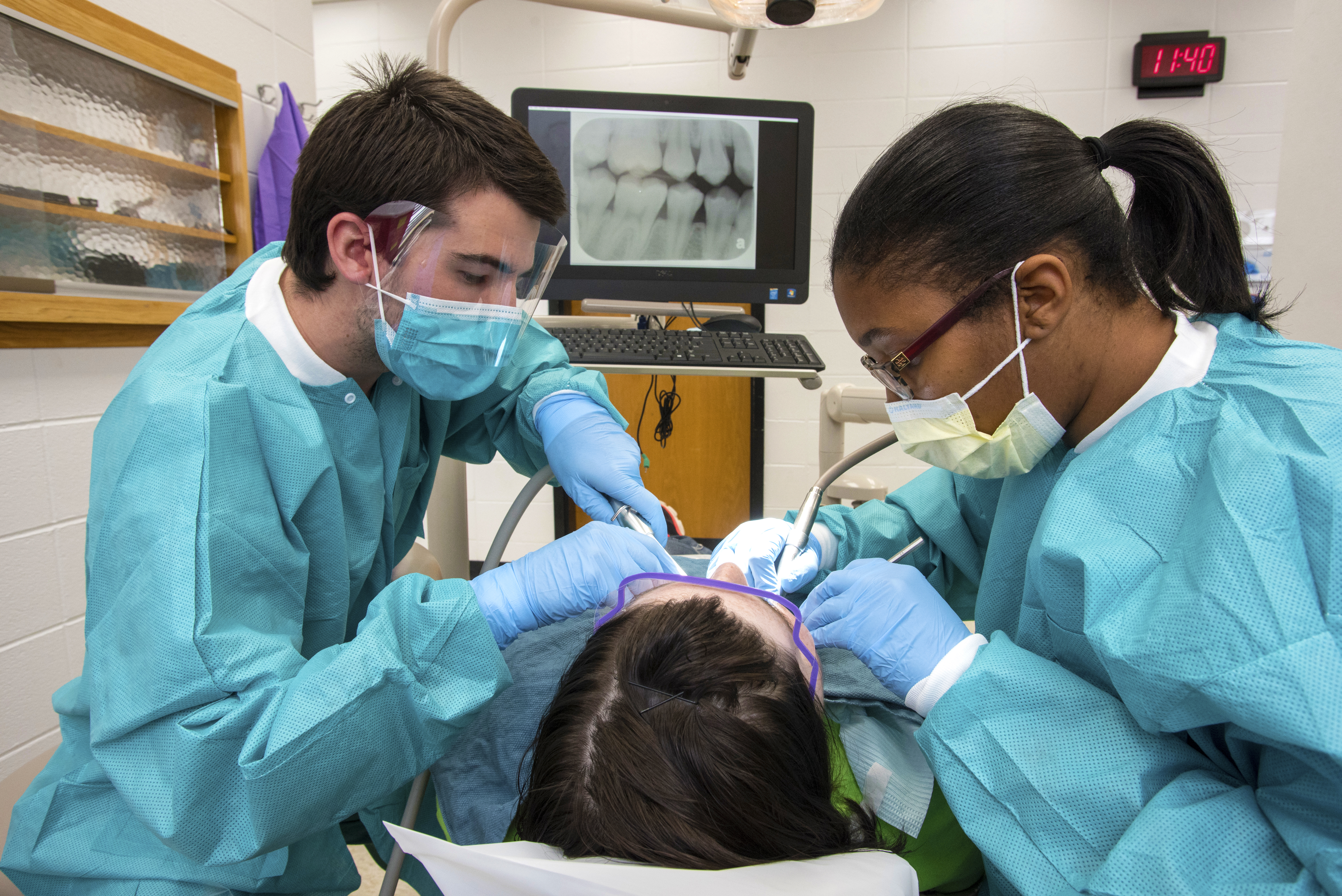|
Dedicating one's life to serving others doesn't always come with a full benefits package: medical, dental, life and paid vacation. That's why Melissa Smith and her husband Joshua were thrilled to hear that free dental care would be available to them at the University of Mississippi School of Dentistry's inaugural Dental Mission Week.
|

|
Caring for a patient without nurses is like trying to run a race without legs, or like trying to fix a car without hands.
Of the 593 students seeking medical degrees here now, at least nine know that better than anyone. Here are the stories of three of them.
|
|
Researchers from Brown University and the Jackson Heart Study say that physicians should be aware of new findings about a blood test used to monitor diabetes. The results could mean missed chances to treat diabetes in African-Americans with a common genetic trait.
|

|

|
The Medical Center is proud to announce the following additions to its faculty and leadership staff.
|
























